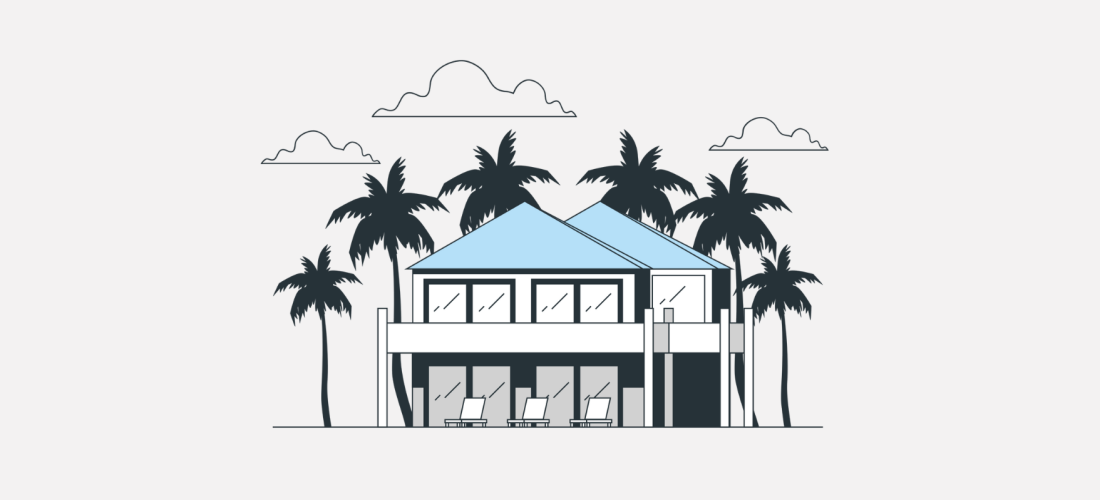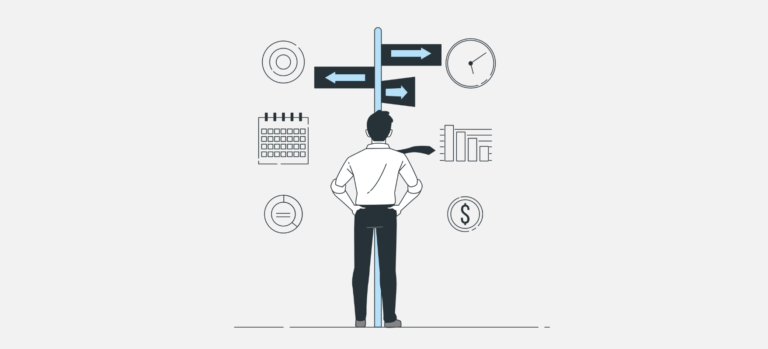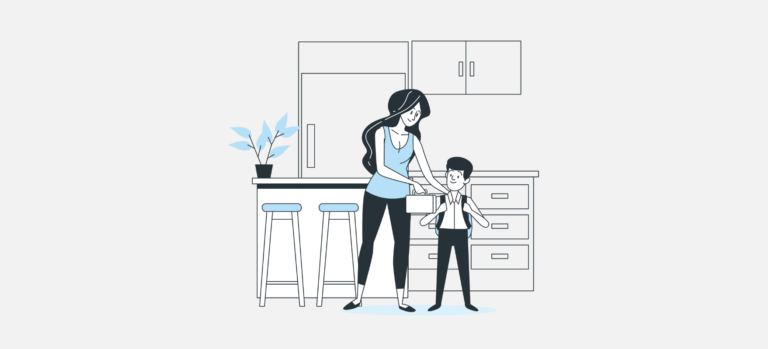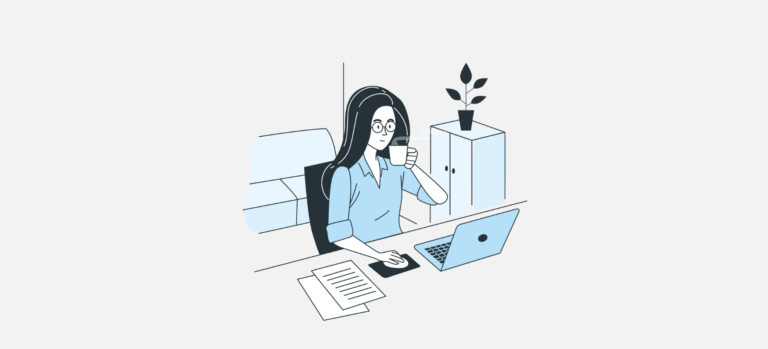What is a second home?
A second home is a home you can do not live year-round. It is used occasionalusually for vacations or weekends. It's not your main residenceThis does not mean that you live in a home that is considered as such (for example, an apartment used for business purposes but where you do not live for most of the year).
According to the Federal law on secondary residences (LRS)A secondary residence is any dwelling that is neither a principal residence nor considered to be a principal residence.
Limitations in Switzerland
In Switzerland, the law limits the creation of second homes in communes to 20 % of real estate. So check before you buy.
How to buy a second home
1. Determine your overall budget
Before taking the plunge, it's essential to have a clear vision of your budget. This includes not only the property pricebut also purchase costs (notary, taxes, entry in the land register), any work to be carried out, as well as any future costs. maintenance costs and insurance. If you're buying abroad, remember to convert amounts into the local currency and factor in exchange charges and local property taxes.
Your borrowing capacity will depend on your income, your current expenses (including those related to your principal residence, if you have one), and the criteria applied by the banks.
2. Calculate the required intake
In Switzerland, banks finance up to 66 % (2/3) of the value of the property, which means that you must provide at least 34 % (1/3) equity, including purchase-related costs, which vary from canton to canton. It should be noted that 2nd pillar or pillar 3a cannot be used for this type of property.
Things are more complicated abroad. Swiss banks generally refuse to finance purchases outside the country. So you'll have to go through a local bank in the country concerned, or finance the project yourself with your own cash or by mobilizing a advance on securities. Capital requirements are often more stringent, with contributions of 30 to 50 % according to country and profile.
3. Get a financing agreement
Once you've defined your budget and identified your equity, it's time to move on to the planning stage. financing. If you are buying a second home in Switzerland, you can contact your local usual bank or a mortgage broker. The bank will carry out a full analysis of your situation: your income, your level of debt (total charges must not exceed one third of your gross income), your other financial commitments, and of course the estimated value of the property.
The establishment generally calculates the financial burden on the basis of a mortgage rate theoretical 5 %plus depreciation and maintenance costs.
If the property is located abroad, you will normally need to turn to a local bank in the country of purchase. Requirements vary widely from country to country. As a general rule, you'll need to open a local account, provide translated documents (salary slip, tax statement, bank certificate) and have a higher downpayment. Some Swiss banks can accept finance a property abroad, but only in highly sought-after areas (such as the south of France or the north of Italy), and only if the application is sound.
4. Anticipate ancillary costs
In Switzerland and abroad, there are many different additional chargesoften underestimated. In Switzerland, they vary from canton to canton, but include transfer rights (or registration fees), the fees the notary's fees, the land register and costs related to mortgage note. Depending on the location, these costs range from 2 and 5 % of the purchase price.
Abroad, acquisition costs can be higher, up to 8 to 10 % in countries such as France, Spain and Italy. You'll also need to factor in translation costs, the services of a local lawyer, and sometimes taxes specific to non-residents.
Finally, beyond the purchase price, you'll need to budget annually for the upkeep of your property: heating, electricity, insurance, local taxes, condominium fees if you're buying an apartment, and any renovation work you may need to carry out. These costs can quickly escalate, especially for older properties or those located in demanding climatic regions (snow, humidity, etc.).
5. Evaluate the tax impact
A second home always has a tax impact, whether the property is located in Switzerland or abroad. In Switzerland, it is taxed on several levels. First, as wealth, according to the property's tax value. Secondly, through the rental valueThis is the fictitious income you're supposed to earn from the use of your home, even if you don't rent it out. These items are added to your income and will increase your tax rates global.
If your secondary residence is located in another canton, a intercantonal distribution is applied: each canton takes its share of the taxable items, but the total tax is calculated on the basis of your worldwide income and wealth.
Taxation abroad depends on local rules. You will often have to pay property tax, and sometimes a tax on rental value or rental income if you rent out the property. In principle, Switzerland has signed double taxation agreements with many countries, so you don't have to pay the same tax twice. But beware: this foreign income or wealth may still be taxable in Switzerland. influence your Swiss tax rate.
6. Think about resale from the outset
Even if your project is primarily personal, it's important to bear in mind that you may want to resell the property one day. For this, certain criteria make all the difference. A good location, easy accessibility, an unobstructed view, or proximity to infrastructure (shops, ski lifts, stations) increase the chances of a quick resale at the right price.
Conversely, a property that is poorly located, difficult to access or poorly maintained can lose value over time, especially in high-tourism areas where prices are more volatile. This is all the more true in the event of an economic slowdown or climate change affecting certain mountain resorts.
In case of resale in Switzerland, you will have to pay a property gains taxThe rate depends on the canton and length of ownership. The earlier you sell, the higher the tax. Outside France, again, it all depends on local legislation, but capital gains tax exists in most countries.
Think today about resale value and the costs of exiting the project is part of a sound long-term strategy.
Conclusion
Buying a second home, whether in Switzerland or abroad, can be an excellent way to spend your life, provided you're well prepared. This type of purchase implies more requirements than a principal residence, whether in terms of downpayment, financing or taxation. So it's best to take things one step at a time, comparing bank offers, anticipating costs and assessing the long-term soundness of the project.
If you take the time to clarify your objectives and surround yourself with the right advice, you'll be able to realize this dream in the best possible conditions. And enjoy your own piece of paradise, stress-free.
Frequently asked questions
This is very rare. You'll usually have to go through a local bank in the country of purchase.
Notary fees, transfer taxes, land registry entries, loan fees, insurance, maintenance, local taxes. These costs can represent between 3 % and 10 % of the property price depending on the country.
Yes, but it depends on local rules and the length of the rental period. In Switzerland, occasional rental income is generally not taken into account for financing purposes.
Yes, in Switzerland it is taxed as wealth and its rental value is considered income.
Higher costs, resale difficulties, higher taxes, market fluctuations, local legal constraints. With the right support, you can limit these risks.





